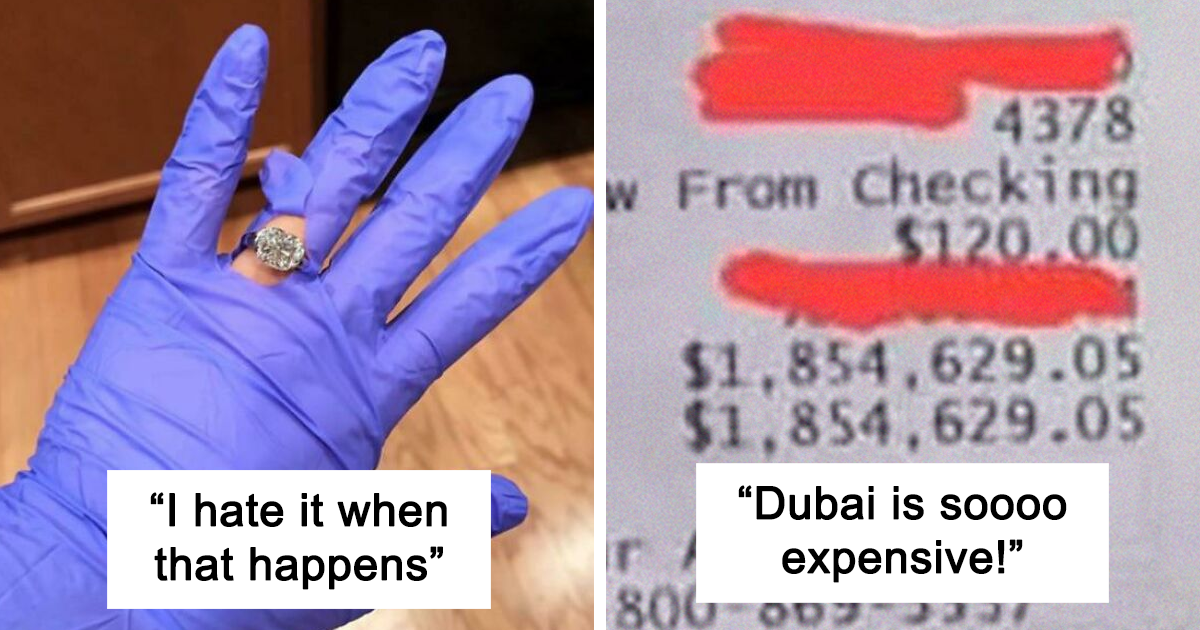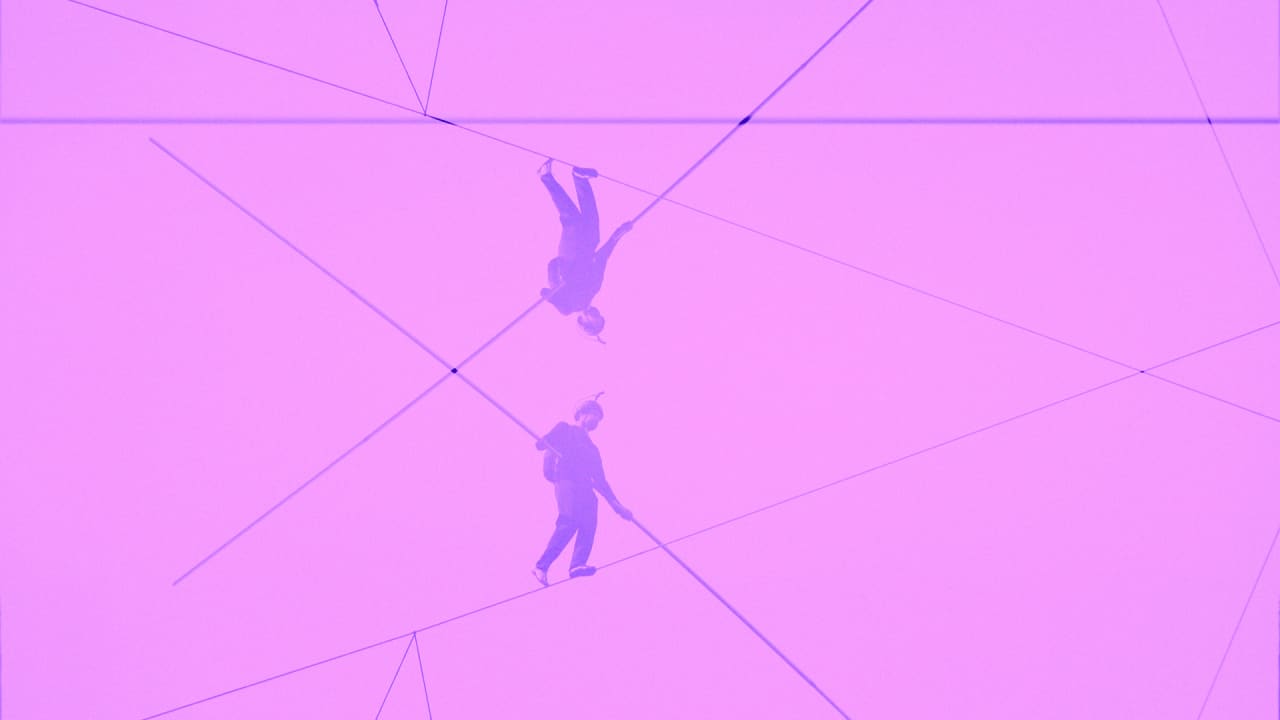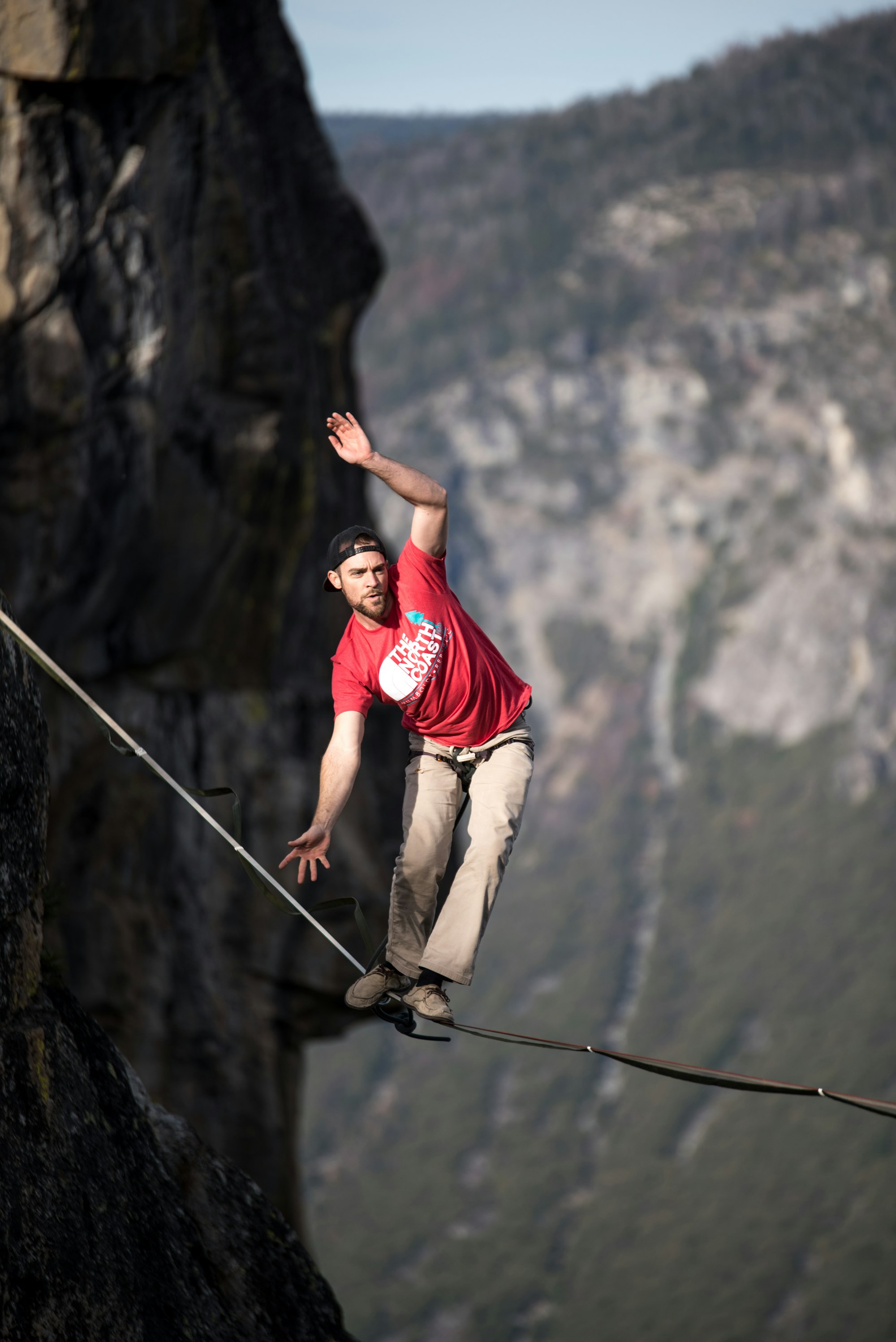
It's okay to own your geography, and to be truly and justifiably proud of yourself. Fake humility is just insulting. Here's how to tell.
If you are on LinkedIn, and I am at least for now, you have likely seen the endless bragging that is presented as humility but really doesn't land that way. When you're subjected to lots of it during a scroll, it's like rolling in sour manure. It doesn't sound sincere.
If anything it sounds like manufactured fake humility. While I seriously doubt that every single person who claims to be so "deeply humbled" about their big fat salary raise, their new job, blah blah, really is, the problem comes when it goes off the deep end.
We set ourselves up for ridicule, which is not likely what we wanted.
If you're in the mood for a very good laugh please see this:

I heard a solidly good argument from my social media guy the other day that we are all narcissists to some degree; not only is this an essential part of our humanity but we'd have a hard time functioning without it. What's challenging is that the word narcissist is being tossed around by millions of two-bit psychiatrists who don't understand that it's a formal diagnosis when aimed at deeply dysfunctional behavior.
Today, if someone refuses to put the toilet paper in right side up (that's what's debatable) she's a narcissist.
OH GROW UP.
Medium writer Sean Kernan wrote an article about braggarts not long ago, to which I responded, it depends. For how you and I eyeball someone's lightly-veiled attempts at soliciting adoration online or elsewhere depends a great deal on our own insecurities. As I pointed out to him, in my world, my friends often are high achievers: a Fourth degree Tae Kwon Do Black Belt and marathoner at 59, an Instrument Flight Rules Pilot and Rescue Diver at 69, that kind of thing. When we talk, we discuss these things as normal to us, because they are.
Someone listening in might consider it a brag fest, perhaps based solely on the fact that they have never taken a risk, are terrified to try, and their only defense is to attack others who have achieved as braggarts.
That's no different from a group of elite athletes discussing their time at the Olympics. Bragging? Hardly. They earned it.

So in all fairness, it depends on who is talking, and who is hearing it and through what kinds of filters for both.
There is, however, some interesting science that I stumbled on the other day which spoke eloquently to how someone walks that fine line between knowing full well you are good at X, and coming across as an asshole. I was surprised to find myself in both articles, which is both good and bad.
Good because I genuinely strive to be what they are describing as it feels both natural and right. Bad because every so often I succumb to my idiot ego, and posture in that way that trumpets to the world:
DON'T YOU KNOW WHO I AM????
Okay, well, first, nobody. Second, nobody cares.
I love the story, which might be urban legend, about the jerk CEO whose plane was delayed. He strode up the counter, got eye-to-eye with the ticket counter attendant and shrieked the above bolded line for all to hear. Upon which she coolly took her mic, then in her kindest voice, said, "Attention, ladies and gentlemen in the waiting area. We have a gentleman up here who doesn't know who he is. Can anyone provide assistance?"
I'll say it again. Nobody cares.
Except those who tolerate us, who roll their eyes and laugh, and love us anyway.
When this happens with leaders, especially CEOs, this can be terribly problematic:

From the article:
Studies relying on methods such as these sometimes find associations between narcissism and organizational outcomes. They show that narcissistic CEOs exhibit more extreme performance outcomes, make more aggressive strategy bets, make worse acquisitions, have lower quality earnings, and receive excessive pay. Based in part on research studies such as these, one literature review concludes, “There are few positive outcomes of leader narcissism.” (author bolded)
I cherry-picked that comment to make a point; the article is richer than that and worth reviewing for greater context.
However, that's a good setup for this piece. So many people, given the social media platform, are so determined to anoint themselves as leaders, thought leaders, ninjas and the like. They use unfortunate methods to prove how humble they are, but are not, if they have to result to what appear to be deeply insecure and desperate- sounding methods of fishing for compliments and validation.

Below are the two articles which caught my eye; the second is the link offered in the first:

From the article:
But as it turns out, even narcissists have their nuances, and one of them is the capacity for humility. Being humble may sound totally outside the wheelhouses of folks with strong narcissistic tendencies, but research by my colleagues and I suggests that it isn’t. Indeed, overlooking this counterintuitive side to narcissism risks missing key lessons on what it takes to be an effective leader.
They took their cue from Dr. Adam Grant, whose article is here:

Here's the quote that really caught my eye:
Humble narcissists have grand ambitions, but they don’t feel entitled to them. They don’t deny their weaknesses; they work to overcome them.
I know I am pretty good at a few things, not many, and I make no bones about how crappy I am at others. That said, I also assume that my learning curve even on those things where I have some skill is still steep. Those facts tend to keep your eyes at level ground, not without looking skyward for inspiration but not exactly fashioning the self as All That.
Because I ain't. In fact, the more we know, the more we know we don't know. It's hard to be all that when all that is in your face. Besides.
All I gotta do is look at my toofless mouf first thing in the morning to be reminded that I am most definitely not all that.
I am a huge fan of folks' taking ownership of their accomplishments and what they have done well. Particularly anyone not white and male, for whom that is deemed considerably more acceptable than women and folks of color, and most especially women of color, who have all too often earned it twelve times over.
I am not so much a fan when that is used to belittle or demean others. That is abusive.
Again, here comes the "it depends." Some of my strongest social media naysayers who accuse me of bragging fail to understand the prices I paid to get where I got, and also the damned hard work I have put into finding what small niches allow me to feel competent.
This is true for most. That is why I encourage owning what we do well, for there is an entire world out there ready to leap on our shit to tell us where we screw up. Kindly, Sparky, most of us are already painfully aware of that very thing.
I also loved this from Grant:
The second kind of humility is performance humility. It means admitting that we fall short of our goals, we make mistakes, sometimes we even fall flat on our faces. Scientist Melanie Stefan has pointed out that our bios and résumés only highlight only our accomplishments — we scrub out all the stumbles and struggles along the way. In response, a Princeton professor made a failure résumé: a list of all the degree programs that rejected him, all the journals that turned him down, and all the fellowships and awards that he didn’t win. (He has since lamented that it’s gotten more attention than all his academic work combined.)
This is where my comedy comes from. It's also one of my favorite topics, because only here do we learn humility, grace, and gratitude. Those who don't fail, fail forward into professional assholes. Those who are protected from failures are even worse, for they assume they earned what they have but didn't. That produces insufferable jerks, please see Trump as Exhibit #1.
And one more thing. Grant writes:
Cultural humility is about recognizing that your culture always has room for growth, just like we do.
He is referring to corporate culture. I would vastly expand that. International travel, being very close friends with big folks, Black folks, gay folks, Brown folks et.al. have all made me far better as a human being, given me understanding and appreciation, a depth of curiosity and interest that had I been isolated in a pure White culture, I'd have missed. Culture teaches.
I would not be the person I am today, and one with the commitment to keep diversifying those viewpoints. Every time I travel I am humbled by how little I know. That's a damned good thing. But I also have a solid understanding of what I do understand, as little as it might be, and how to use it.
Does that make me a humble narcissist? That's not for me to say. If I talk about my 131 skydives, some will say I'm bragging, others will say, 'zat all, dude? It depends on who is hearing me say it, and what their reference points are.
To put this into context, if I head to a skydive boogie and drop the fact that I only have 131 dives, I get looks of pity. See what I mean? It depends.
A woman on Medium the other day viciously attacked me for noting that I rode a half-wild Arab stallion in Egypt, and that "any tourist with enough dollars can do that."
This is my world. Not hers.
No, Sparky, they can't. Not only would most not try, you don't get to ride that stallion unless the stable has already determined that you can handle the animal. He's worth nearly $100k, he's the stud horse for Seahorse Stables. They aren't going to let some idiot tourist climb aboard who could do terrible damage, not for any amount of money unless he can replace the horse. So, that's earned.
What I wrote was accurate. That she interpreted it as bragging says vastly more about her than it does about me, because adventure travel is what I do for a living. That's why context is so important. It's what happens when we opine on things about which we know little to nothing.
I've done it and I've made a ripe fool of myself in the process.
The only saving grace is that I'm aware of when I have done it and still do it. Makes me cringe, too. Good. I should.
In this case, for all of us, it ain't bragging if you've done it. But if you're talking about yourself to prove superiority, that just makes you a jerk, even if you have done it. The key is knowing when and how to discuss it, and what your intentions are at the time.
What I do like is the idea that there is indeed a kind of balance point, if you will, which involves both being proud of who we are and what we've done, but also the counterpoint of knowing how very far we've yet to go. That slackline isn't easy to master.
But for my personal growth dollar, it sure is a good one to attempt to walk.




Comments powered by Talkyard.